Located in southern China's Guangdong province, this industrial city has deep roots in martial arts, ceramics, and traditional crafts. Bruce Lee's ancestral home draws kung fu students worldwide.
Foshan sits in central Guangdong Province, known for its factories and long-standing customs. This city gave rise to Cantonese opera, southern martial arts, and lion dancing traditions. At the Ancestral Temple, a Ming and Qing dynasty site, you'll see detailed woodcarvings and daily lion dance shows. The Nanfeng Kiln in Shiwan has made ceramics the same way since the 1500s. Shunde district, 40 minutes south by car, holds UNESCO recognition for its food traditions. Located 20 kilometers from Guangzhou, Foshan works well as a day trip or weekend stop in the Pearl River Delta area.
Key Cultural Sites
Begin at the Ancestral Temple (Zumiao), a Taoist complex first built in the 1000s. The temple grounds include a hall dedicated to Wong Fei-hung, the martial arts master, with displays of ironwork tools and pottery molds. Look up to see roof decorations showing characters from folk stories. Lion dance routines happen every morning at 10 AM, combining jumps and rolls with loud drum rhythms. Walk five minutes east to Lingnan Tiandi, where restored Ming dynasty buildings now contain coffee shops and stores selling handmade ceramics.
The Ancient Nanfeng Kiln in Shiwan has operated since 1506, using slope design and wind patterns to fire clay items. Local artists demonstrate pottery techniques daily, and visitors can shape their own cups for 50 RMB. In Chancheng District, Liangyuan garden from the Qing era shows classic design with rock formations, narrow ponds, and covered walkways connecting different sections.
Martial Arts Practice
Foshan's fighting styles include Wing Chun, made famous by Ip Man who taught Bruce Lee. The Bruce Lee Ancestral Home in Shunde shows movie costumes, wooden training dummies, and letters from his career. At the Wong Fei-hung Memorial Hall, diagrams explain how his kung fu style uses strong stances and open-palm strikes. Some martial arts studios let visitors join hour-long sessions—check with local tourism offices for availability.
Lion dance teams perform at New Year celebrations and business openings, with dancers lifting each other to reach red envelope gifts. The Foshan Lion Dance Museum near Zumiao explains how these performances changed from temple rituals to stage shows, with video examples of championship routines.
Local Food in Shunde
Shunde District requires a 40-minute drive but rewards with unique dishes. Double-skin milk pudding, made from water buffalo milk steamed in porcelain cups, has a custard-like texture. Steamed fish cakes mixed with mushrooms and cilantro come served on banana leaves. At Pang’s Kitchen near Daliang, try har gow shrimp dumplings with translucent wrappers and pork-stuffed buns glazed with honey. Morning markets like Jinbang Fair sell fresh rice noodles rolled that day and dried abalone packed in gift boxes.
Green Spaces and Parks
Xiqiao Mountain’s trails take about two hours to climb, passing small temples before reaching a giant white statue of Guanyin. From the top, you see fish ponds and mulberry fields that supply the silk industry. Near the mountain base, Baofeng Temple serves vegetarian lunches from 11 AM to 2 PM. From June through August, Sanshui Lotus World displays over a thousand types of lotus across flooded fields, with boardwalks letting visitors walk through fields of pink and white flowers.
Getting There and Weather
Most travelers reach Foshan through Guangzhou Baiyun Airport, then take the Guangfo Metro Line which takes 35 minutes to Foshan’s city center. High-speed trains from Foshan West Station reach Zhuhai in 1 hour for Macao access. Summers get hot (30-35°C) with frequent afternoon rains, while winter stays around 15°C. Typhoons sometimes hit in July and August—pack quick-dry clothes and waterproof shoes if visiting then.
Annual Events
Basketball fans might recognize the Foshan International Sports Arena, which held 2019 World Cup games with crowds of 14,000. Each October, professional golfers play the Foshan Open at a course designed by Jack Nicklaus’s firm. Downtown, Foshan Tower’s 72nd floor has a rotating dining room serving Cantonese banquets, with elevator rides to the top costing 120 RMB per person.

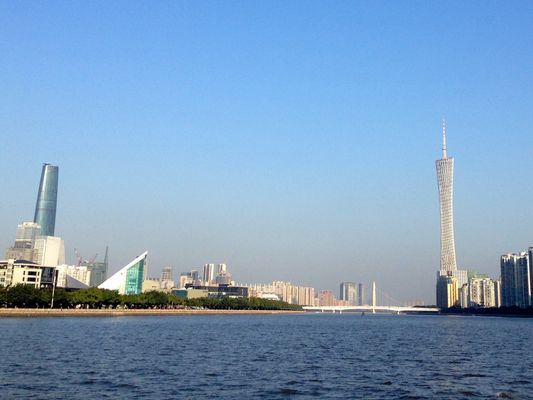
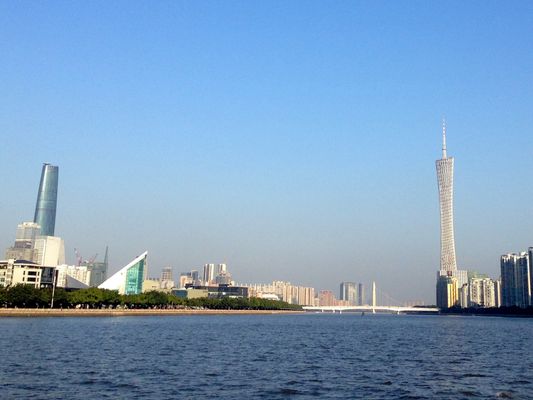
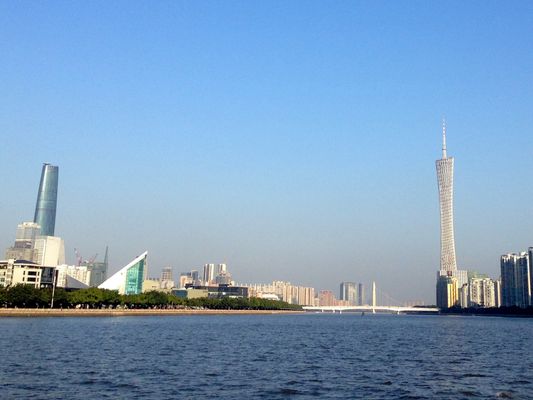
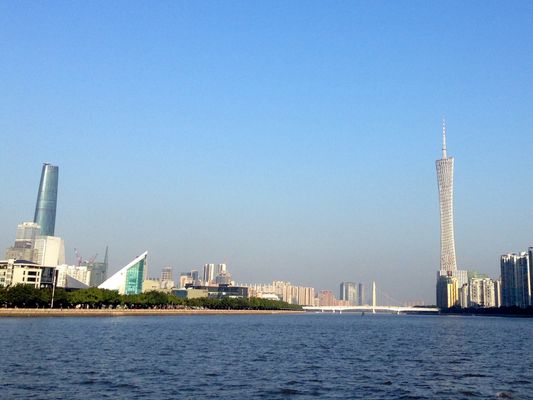
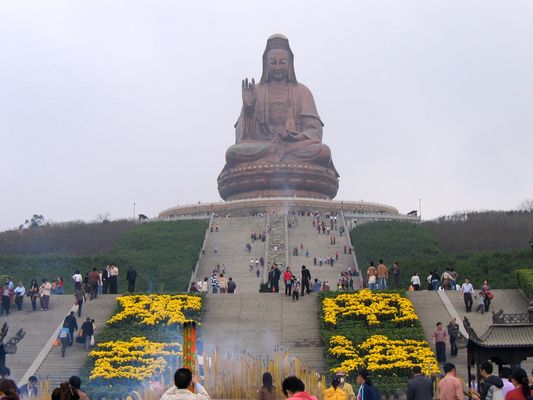
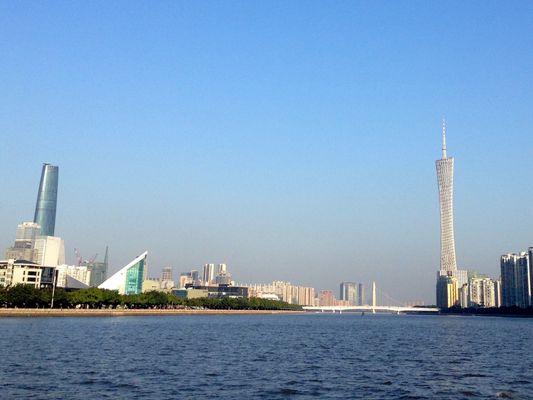



![500px provided description: Macau Skyline [#sky ,#sunset ,#water ,#clouds ,#architecture ,#cityscape ,#bridge ,#skyline ,#macau ,#skyscrapers ,#golden hour ,#macao] | Macau in China](https://humbo.s3.eu-north-1.amazonaws.com/place-photo/5ff1f1c38ff140caaa4ae1d9/5QC0xP7xMK_thumb.jpeg)








